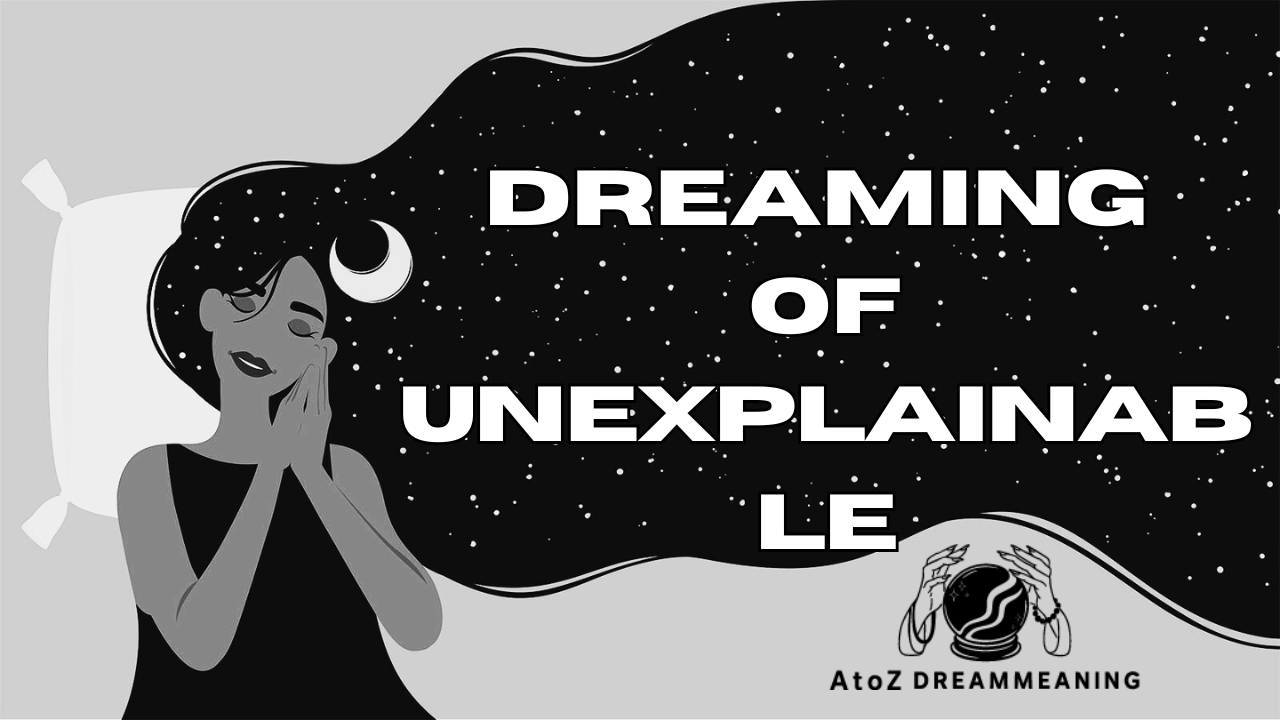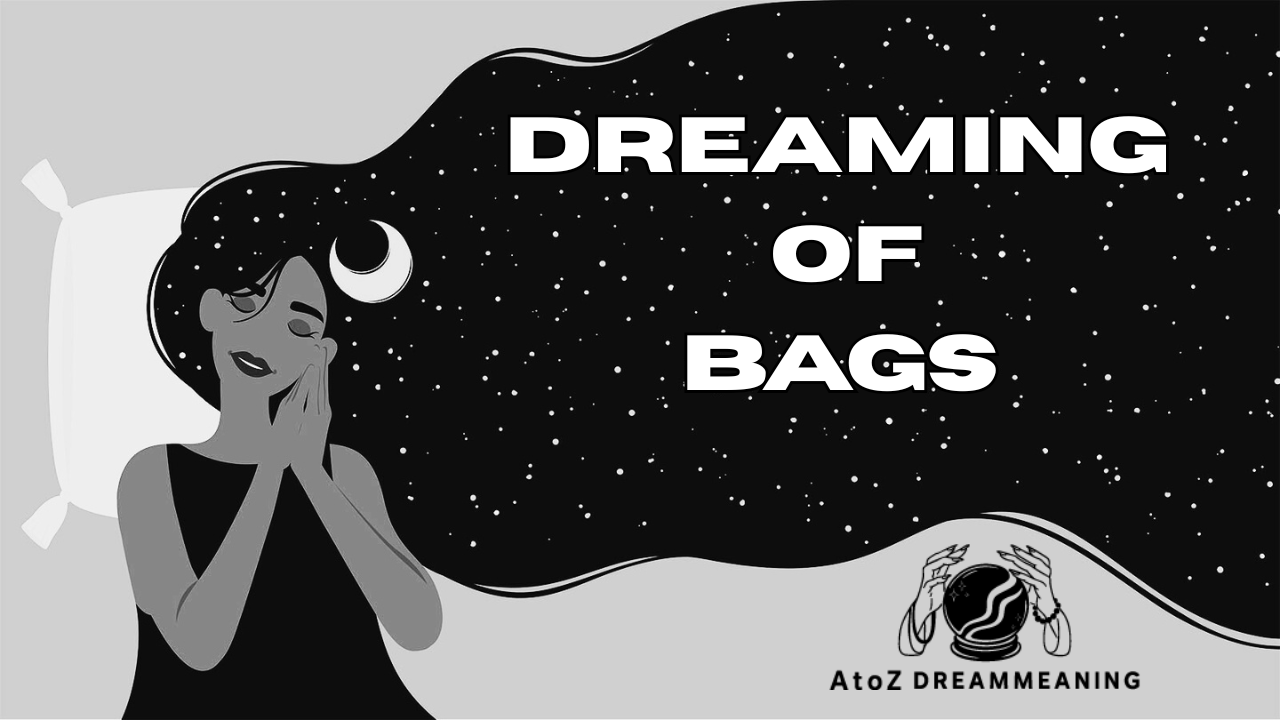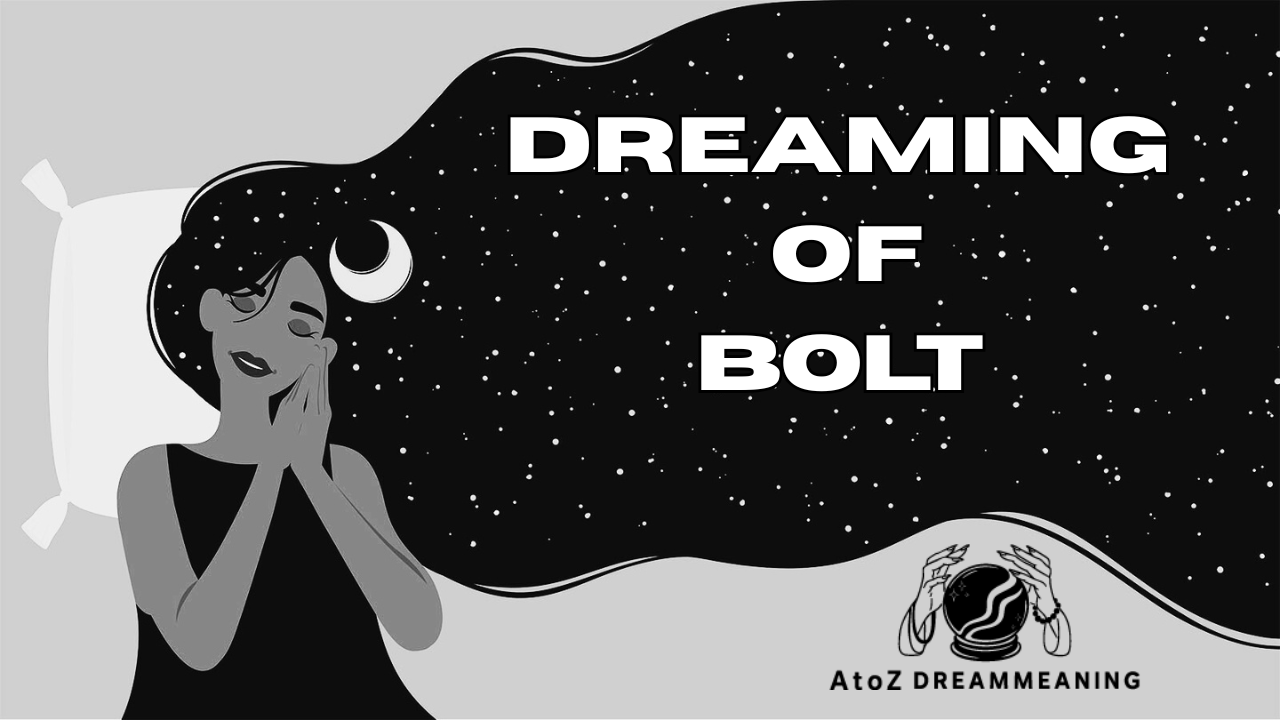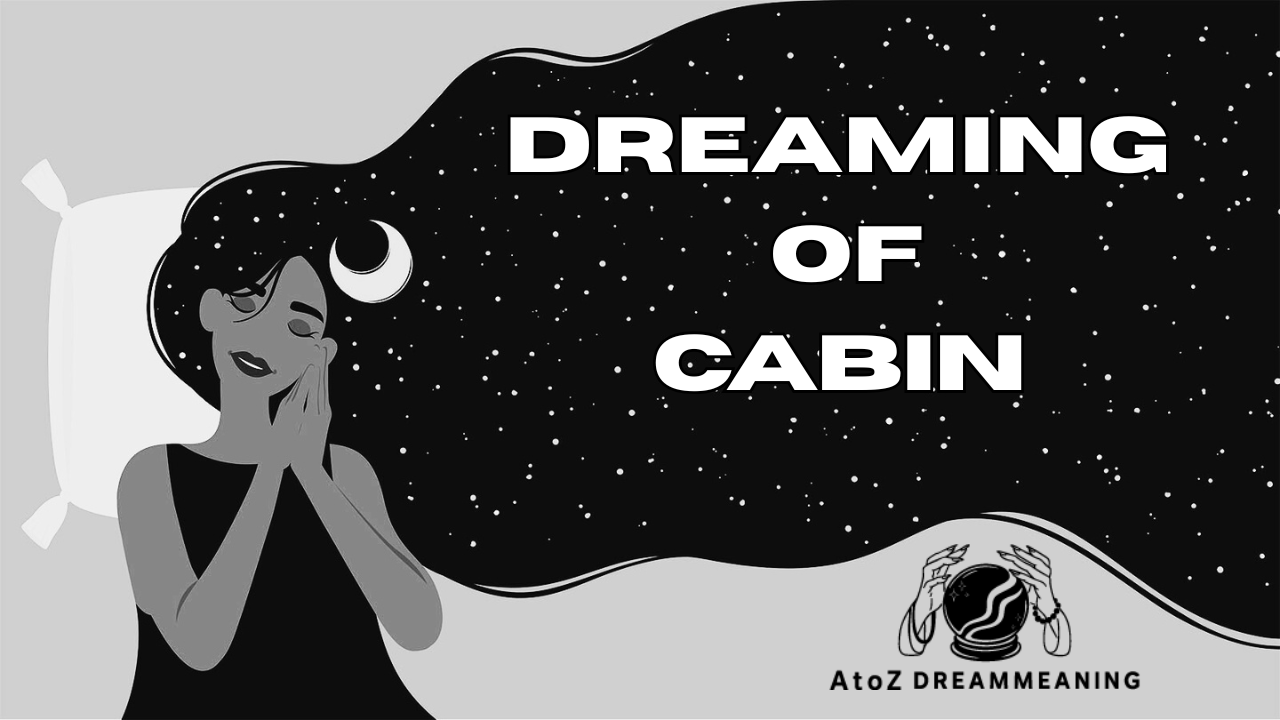If you have a dream about anything mysterious, someone is trying to keep Something from you.
Seeing the inexplicable is an obstacle dream, implying that you may uncover an important secret that will significantly enhance your life. Dreams of inexplicable things are considered a negative omen in Western culture. In both Eastern and Western faiths, dreams of not being able to understand Something unexplained are equally unpleasant.
It’s possible that you had a dream about, Something strange being reported to you.
- You notice Something strange.
- You decipher an enigmatic message.
- You can’t decipher Something that can’t be explained.
- If you become more interested, good things will happen.
- For a while, you keep an eye on your tendencies.
- You correct your errors.
Related: White Person Dream Meaning
Dream interpretation in great detail.

If you experience a dream about anything incomprehensible, such as a difficult-to-solve conundrum, it signifies that your current problems will not affect your future. If you answer this incomprehensible riddle in your dream, you will acquire control over a significant circumstance in your waking life. If this puzzle is simple to solve, it suggests you need to correct your errors.
Unexplainable mysteries and enigmas in dreams frequently indicate impending changes, both good and negative, focusing on major changes at work. If you’re in business, this could mean getting promoted, fired, changing employment, or making new investments and earnings. Any dream concerning incomprehensible events foreshadows the rekindling of a friendship with someone from your past whom you long to see again and spend time with.
Unexpected events can portend a pleasant and beneficial change in your life, one that is positive and brings you and your family a lot of delight. Unprecedented occurrences herald changes that may or may not affect your business.
Dreams are so weird and significant that we often feel compelled to tell others about them, often in excruciating detail. However, suppose you grasp what happens inside the brain as dreams unfold. In that case, things make more sense – and should make for a more intriguing dinner conversation than unburdening yourself about your mind’s nocturnal escapades. Your friends will appreciate it. Dreams are far more essential than you believe, and we appear to have fewer of them. We go into greater detail about this serious issue here, but first, let’s answer some common queries concerning the nighttime hallucinations we call dreams.
- What makes dreams so strange?
There’s a reason dreams are so enigmatic and strange. Memories of life events, known as episodic memories, are stored in the hippocampus, and sleep signals emanating from the hippocampus are turned off during rapid eye movement (REM) sleep. That means we can’t access specific recollections of events from the past when dreaming.
However, we may still access generic recollections of people and locations that serve as the foundation for our dreams. Simultaneously, activity in brain areas engaged in emotional processes increases, resulting in an overly emotional narrative that connects these memories. Please bear with me while I offer an example from one of my recent nightmares. I dreamed that a flood had engulfed the house where I grew up and that I needed to escape by flying out the window, but I’d forgotten how to fly. Fear and concern about rising water levels and my inability to fly were overwhelming feelings.
The dorsolateral prefrontal cortex, another portion of the brain, which regulates our ability to reason logically and make decisions, is also turned off. I don’t pause to consider why the floodwaters are rising so quickly, why I’m back in my boyhood home, or why flying to safety is a viable option.
This difference in brain activity while awake explains why we feel like we have so little control over our dreams – we’re just along for the ride – and why we don’t notice strange things until we wake up. In my water dreams, I frequently find myself breathing underwater as if it were natural.
- Is it true that we only dream during REM sleep?
The study of dreams, which had previously been more of an exercise in imaginative explanation than anything resembling science, began in 1953 when Eugene Aserinsky and Nathaniel Kleitman of the University of Chicago hooked volunteers up to EEGs and woke them up at various stages of sleep. They found a link between REM sleep and dreaming.
Recent studies have revealed that we dream throughout our sleep, not just during REM sleep, but that we forget most of our dreams. Dreams that occur during deep sleep are usually unemotional, non-vivid, about simple things, and difficult to recall. In a nutshell, they’re uninteresting. Classic dreams, those with strange juxtapositions, physically impossible achievements, and frightening, moving, and baffling events, occur during REM sleep. We lose these sensations if we cut REM sleep short.
Many people have wondered if our eyes move to “look” at dream imagery while sleeping. This appears to be the case based on some evidence.
- Why is it so difficult to recall dreams?
Some people believe they never dream, yet this is untrue. Experiments involving waking people up at various times during the night have proven this. Everyone dreams, but not everyone remembers them. This could be due to brain activity: persons who recall their dreams had more activity in two brain regions involved in boosting images and storing memories, both asleep and awake, than people who don’t remember their dreams.
It also has to do with your sleeping habits. We struggle to generate new memories during REM sleep, according to Harvard Medical School’s division of sleep medicine’s Robert Stickgold. However, if we wake up during or shortly after a dream, we can comprehend it before it vanishes — in other words, we can encode it into longer-term storage. So if you wake up in the middle of the night, you’ll probably remember snippets of your dreams.
Even if you were in the middle of a dream rather than in a deep, dreamless slumber, the abrupt shift in focus from sleeping and dreaming to waking up and turning off the alarm disrupts the process of remembering.
- What is the purpose of dreams?
There are numerous suggestions. One theory is that dreams have an evolutionary purpose by putting us through necessary experiences for survival. This could explain why people frequently dream of being hunted or attacked. On the other hand, they may act to soften the blow of emotional stress. Many others, on the other hand, have testified to the ability of dreams to inspire creative thought, such as Paul McCartney imagining the melody to Yesterday (on waking, he improvised lyrics to avoid forgetting the song) and Dmitri Mendeleev dreaming up the structure of the periodic table of elements. Experiments back up the theory, with studies demonstrating that people perform better on creative tests following naps that include REM sleep.
- Do my dreams have any significance?
“The interpretation of dreams is the royal way to a knowledge of the unconscious operations of the mind,” Sigmund Freud famously said. He believed that the unconscious was preoccupied with “deviant” thinking and that dreams were largely a means of achieving one’s desires. Even though these theories are no longer popular in science, some dream interpretation is conceivable. What you dream about and how you dream emotionally are likely mirrors of what your brain values. According to studies, if you play Tetris all day, your brain will decide that Tetris is the dream you need to have.
If you’re worried about anything, your brain may create a dream in which anxiety is the predominant emotion. A lot of study documenting waking events and dream content implies that the content of your dreams can be linked to your waking life -yet a lot of seemingly unconnected flotsam also slips into dreams, probably the majority.
According to Mark Blagrove of Swansea University in the United Kingdom, analyzing and interpreting one’s dreams can be therapeutic or illuminating. Still, some may argue that such insight is no more than what one would receive from considering one’s horoscope or daydreams. Experiments would be required to see if dreams, in particular, transmit vital personal information. This does not imply that dreams are intended to deliver that information. If evolution had provided us with dreams as messages about ourselves, it could have done a better job of making them more memorable.
- Do men and women have different dreams from one another?
According to certain dream content investigations, women dream about men and women equally, although Males are more prone to fantasize about other men in their dreams. Guys think about battling other men more frequently than women fantasize about peaceful interactions with individuals, according to Michael Schredl of the Central Institute of Mental Health in Mannheim, Germany. Christina Wong and her colleagues at the University of Ottawa in Canada developed a computer algorithm to differentiate between men’s and women’s dreams a few years ago. About 75% of the time, the software could guess the gender of the dreamer properly. Gender disparities in dreaming appear to exist, but it’s too early to determine why.
Related: Urinating Dream Meaning
Emotions that you may have encountered during a dream are unexplainable
Surprised. Content. Amazed. Curious. Inquisitive. Having a strong desire to learn and comprehend anything. Strange. Odd. Mysterious. I am enjoying it and having a good time.

FAQ
Why are all of us having such strong unexplainable dreams?
There are a few explanations for this. The first possibility is that many people are not sleeping as well as usual. The deeper you sleep, the more unusual and real your dreams will be in the morning.
There is a significant amount of worry present as well. There is a great deal of hostility present. Many strong feelings and frustrations are near the surface, and they are all bubbling to the surface right now. The emotions we are experiencing now are base emotions, which, if analyzed from a neuroscientific perspective, would be found to have a strong connection to the limbic system.
It’s almost as if a storm is going on, and everybody’s dream life is being disrupted somehow.
What wisdom do you have for those who wake up from stress in recollecting the dream?
Try Remembering; Locating individuals with whom you can freely discuss your goals and aspirations is essential. Because if you talk about a dream, it provides it with a container, which is an improvement over just keeping it to yourself.
Also, you shouldn’t think too highly of the peculiarity of your waking dreams. At the moment, everyone is experiencing some really strange nightmares. Don’t be embarrassed by the things you want to accomplish.
Dreams quite commonly depict real-world occurrences in really bizarre ways. Even if you have strange and terrifying dreams regularly, this does not necessarily indicate that you engage in harmful behavior. It indicates that you are now dealing with a challenging circumstance for everyone else. And there are things that you probably do not consciously experience but that your body and your unconscious body are picking up on. We are all in an authoritarian state, with some of us being significantly more difficult than others.
Be conscious that a response is coming from you to it. There is a possibility that there will be a few more nightmares there. People could sense that memories of past traumatic experiences are starting to return to them, which is one of the things that is taking place. They may visit you in your dreams or through other means. In general, being exposed to a collectively traumatic event might resurrect old personal traumas that you’ve already experienced. It is a perplexing period, and it’s possible that you won’t recognize the world as it is.
What recurring images or ideas do you see in other people’s dreams?
Finding yourself in a location that you are unfamiliar with. Having the sensation of being lost in a location you are unfamiliar with. People are looking for other people. However, they are unable to locate those other people. People report feeling quite lost and confused.
Several people reported having dreams in which they discovered magic wands or other such items—things of a mystical nature that can help them get through it.
A common recurring theme in parents’ nightmares is some variation of the question, “Where are my children?” I must spend time with my children.
Related: Seeing Crocodile Dream Meaning



